I was reminiscing about the good ole days in the advertising agency business with a friend who like me got their start on Madison Avenue in New York City. Both of us continue to run advertising agencies some 45+ years later, but the paradigm shift in our industry is mind-blowing when you think about it. Since beginning our careers in the 1970’s, advertising agencies have evolved dramatically due to advancements in technology, changes in consumer behavior, and shifts in marketing strategies.
As we talked about family, sports, our age, and everything in-between, we also attempted to list how we thought the advertising agency business had changed since we began our careers…
- Technology and Digital Revolution:
Both of us felt the most profound change since the 70’s has been the advent of digital technology. The rise of the internet and subsequent developments in social media, search engines, mobile devices, and online analytics have revolutionized the advertising industry in astounding ways. Today, agencies primary focus on digital marketing, social media campaigns, and data-driven strategies.
- Data and Analytics:
With the availability of vast amounts of data that we could only dream about in the 70’s, advertising agencies now use sophisticated analytics tools to gather insights into consumer behavior, preferences, and trends. This data-driven approach allows marketers to create targeted and personalized campaigns, making advertising more effective than it ever was before.
- Targeted Advertising:
In the past, advertising campaigns were often more generalized, targeting broad demographics. Today, agencies employ precision targeting based on user data, allowing them to reach specific audiences with very personalized content.
- Social Media Marketing:
Social media platforms have become a crucial part of advertising strategies. Agencies now create content that resonates with users on platforms like Facebook, Instagram, Twitter (or X) LinkedIn, and YouTube, leveraging influencers and viral marketing to amplify their reach.
- Content Marketing:
Agencies have shifted from solely creating traditional advertisements to focusing on content marketing. They produce valuable, informative, and entertaining content that aligns with the interests of their target audience, establishing their clients as industry authorities and building stronger brand loyalty.
- Mobile Advertising:
The rise of smartphones and mobile apps has created new opportunities for advertising. Agencies have adapted to this shift by developing mobile-friendly ads and optimizing websites for mobile devices.
- Video Advertising:
Video has become a dominant format in advertising, with agencies producing various types of videos, such as explainer videos, product demos, and short social media clips, to engage users on different platforms.
- Native Advertising:
This approach seamlessly integrates ads with the content consumers are already engaging with. Native ads are designed to match the look and feel of the platform, providing a less intrusive advertising experience.
- Real-Time Advertising:
Programmatic advertising has revolutionized ad buying and selling, enabling real-time bidding and automation of ad placements based on user data. This ensures that ads are shown to the right audience at the right time.
- Transparency and Ethical Concerns:
The advertising industry now faces increasing scrutiny regarding data privacy, ad targeting, and the responsible use of consumer information. Agencies are now expected to be more transparent and accountable in their practices. In our day, we just let all fly.
- Diverse and Inclusive Advertising:
The push for diversity and inclusivity in advertising has grown significantly. Consumers now expect brands to represent a broader range of identities and communities in their campaigns.
- Emphasis on Metrics and ROI:
Today’s agencies are under greater pressure to demonstrate the effectiveness of their campaigns. Clients expect data-backed metrics that show return on investment (ROI) and how their advertising efforts are impacting their business objectives.
That’s it!
Well, at least according to two old dudes sitting at an outdoor café in Orlando. While we are quite sure there are changes that we missed, there is no doubt that the advertising agency business has transformed from the traditional “Mad Men” era into a dynamic, technology-driven, data-informed, and consumer-focused industry. Agencies now have more tools at their disposal to create targeted, impactful, and measurable advertising campaigns for their clients.
It will be interesting to see where we are in another 10 to 20 years.
Joe Bouch
CEO, 78Madison


